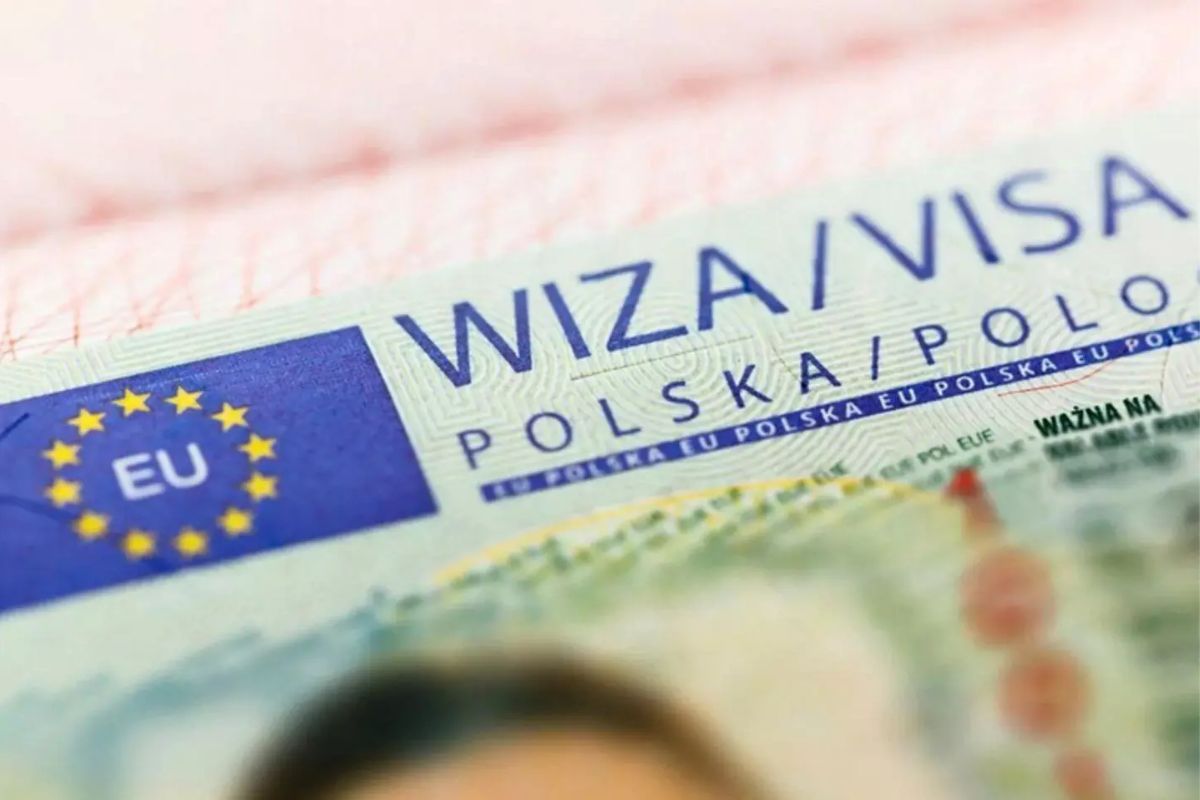Poland has recently implemented significant changes to its immigration rules affecting foreign nationals seeking to work in the country. As of July 1, 2025, applicants holding certain visas or residence permits from Poland or other Schengen states must follow a new, more stringent process to obtain a work visa.
This update is crucial for international students, long-term visa holders, and residents planning to transition to employment in Poland.
New Rule: Polish National Work Visa Now Mandatory Before Single Permit Application
Previously, the following foreign workers were allowed to apply directly for a Single Permit in Poland to live and work legally:
- Those holding a Polish student visa
- Individuals with a long-term visa issued by another Schengen Member State
- Holders of a residence card issued by another Schengen country
However, this is no longer permitted under the new rules. These individuals must now obtain a Polish national work visa before applying for a Single Permit.
Under the new regulation, these individuals must first obtain a Polish national work visa before applying for the Single Permit.
This two-step process ensures that the initial purpose of entry into Poland aligns with the intent to work, preventing misuse of visas issued for other purposes, such as study or residence in another Schengen country.
What Is a Single Permit and Why Does This Matter?
A Single Permit in Poland is a combined work and residence permit allowing foreigners to live and work legally in the country without needing separate applications for each. It simplifies the bureaucratic process, but now requires stricter eligibility criteria.
The new rule means that if you are currently in Poland or another Schengen country on a student visa or long-term residence card and want to work in Poland, you cannot skip obtaining a Polish national work visa first.
This visa is a D-type national visa permitting stay and work for over 90 days, up to one year, and requires specific documentation and proof of employment.
Who Is Exempt from This New Requirement?
Applicants seeking an EU Blue Card, a special work permit for highly skilled workers, are exempt from this change. They can continue to apply for the Blue Card under the standard application process without first obtaining a Polish national work visa.
What Does This Mean for Foreign Workers and Employers?
This change introduces a more rigorous entry and work authorisation process, emphasising alignment between the visa’s initial purpose and the applicant’s intent to work. For foreign workers, this means:
- Additional paperwork and processing time: You must secure a Polish national work visa before applying for the Single Permit.
- Stricter eligibility checks: Authorities will verify that your entry purpose matches your work intentions.
- No direct Single Permit application from a student or other Schengen visas anymore.
For employers, this change underscores the importance of compliance with immigration rules. Since June 2025, employers must submit work authorisation applications electronically and send employment contracts to labour offices before the foreigner begins work. This ensures transparency and reduces fraudulent employment practices.
How to Apply for a Polish National Work Visa in 2025
To obtain the Polish national work visa, applicants need to prepare:
- A valid passport
- Completed visa application form
- Employment contract or job offer
- Proof of health insurance covering at least €30,000
- Evidence of accommodation in Poland
- Clean criminal record certificate
- Supporting documents confirming financial means and intent to leave Poland after the visa expiration.
The application is submitted to the Polish consulate or embassy in the applicant’s home country or country of residence. Processing times can vary, so early application is advised.
Final Thoughts
Poland’s updated immigration rules reflect a broader trend in Europe to tighten work permit regulations and ensure legal compliance. For foreign nationals planning to work in Poland, understanding these changes is vital to avoid delays, fines, or deportation risks. Starting your application early and securing the correct visa type will smooth your transition to working life in Poland.
Stay informed, plan ahead, and make your Polish work journey hassle-free!
Follow and connect with us on Facebook, Twitter, LinkedIn, Instagram and Google News for the latest travel news and updates!
